The Joe Roganification of Public Discourse (and an apology)
"The whole problem with the world is that fools and fanatics are always so certain of themselves, and wiser people so full of doubts." — Bertrand Russell
(Before I begin, a brief mea culpa is in order.
To those of you who generously subscribe to my work - with your attention, your trust, and in many cases, your money - I owe more than silence. You have waited, patiently or otherwise, for something new to appear in this space, and for far too long, I have given you nothing.
The delay has not been due to apathy, nor to a lack of material. Quite the contrary. I’ve almost been drowning in it. Each passing day has hurled new provocations, new absurdities, and fresh assaults on reason, all clamouring for comment. The difficulty has not been in choosing what to say. It has been in choosing where to begin, and finding the time, clarity, and fury to say it properly.
That moment has now arrived.)
Intro
It began with a chuckle. A man with a microphone, a fighter’s build, and a stoner’s grin invited the world to join him in a freewheeling conversation. It was casual, unscripted, and seemingly harmless. But like a frog in gradually boiling water, we didn’t notice the shift until we were neck-deep in epistemological sewage.
What was once dismissed as internet detritus — the domain of fringe cranks, armchair analysts, and perpetually aggrieved man-children — has now metastasised into a full-blown intellectual crisis. Across podcast platforms, YouTube channels, and social media timelines, a new priesthood has emerged. It wears no robes, bears no credentials, and answers to no standards. And yet it commands audiences in the millions.
This is not simply a cultural moment. It is a paradigm shift. We are living through the age of the Joe Roganification of public discourse — where confidence outshines competence, where ignorance is mistaken for independence, and where being told you are wrong is taken as proof that you are right.
This essay is an autopsy. A reckoning. And, if we still care about what binds a society together, a warning.
Joe Rogan: The Patron Saint of Faux Depth
Joe Rogan is, in many ways, the high priest of this epistemic collapse. His platform, which began as a meandering blend of comedy, cannabis, and cage fighting, has grown into one of the most influential media machines in the Western world. The sheer reach of his podcast dwarfs traditional media outlets. And yet what makes Rogan dangerous is not malice. It is his seemingly benign curiosity, unmoored from any system of intellectual discipline or ethical responsibility. He is not malevolent. He is worse. He is casual.
Rogan is the embodiment of the modern dilettante. He approaches every topic, from vaccines to climate science to geopolitics, with the swagger of someone whose main source of preparation is a vague memory of a Reddit post. He is Socrates with no self-awareness. He is the friendly guy at the gym who asks you if you’ve ever really looked into whether dinosaurs actually existed, or if that might have been made up by “elites.”
His listeners adore him for his openness, his relatability, and his refusal to condescend. But openness without discernment is not virtue. It is surrender. A refusal to judge between competing truth claims is not neutrality. It is intellectual cowardice. When you do not know how to tell wheat from chaff, every crackpot theory becomes grain.
This is how a man with no medical training ends up hosting anti-vaccine zealots during a pandemic. This is how a man with no historical literacy ends up engaging with Holocaust revisionists or 9/11 truthers with far more passionate curiosity than he would an Andrew Roberts or Geoffrey Hinton. The reason is boringly trivial: Conspiracy theories are far more simple and sexy - they offer a one-stop solution to complex problems, whereas actual History or Science requires endless education, investigation, research and graft.
The result is not diversity of thought. It is dilution of truth. It is not open inquiry. It is open season on reason.
And it is all dressed up in the beguiling language of curiosity. Rogan is not telling you what to think, he insists. He is just asking questions. But these are not Socratic questions meant to challenge assumptions or provoke genuine debate. These are leading questions wrapped in plausible deniability. What if the moon landing was fake? What if COVID was a hoax? What if the Holocaust numbers are exaggerated? What if? What if? What if?
The problem with this performance of inquiry is that it ends up laundering the most toxic ideas in the garb of open-mindedness. It normalises the abnormal. It puts nonsense and science on the same plane. And when challenged, Rogan retreats into the fog. He is not responsible, you see. He is just a guy. Just curious. Just talking.
But the damage is real. When a man with ten million weekly listeners elevates cranks to the same platform as credible researchers, the result is not an informed public. It is a confused, paranoid, and increasingly cynical population that no longer believes in the concept of truth itself. Rogan is not the disease. But he is the ideal host.
Dave Smith: Comedy, but Not as We Know It
If Rogan is the priest, Dave Smith is the court jester who believes himself a prophet. A stand-up comic by trade, Smith has leveraged his platform into a loud, brash pulpit from which he proclaims his self-styled gospel of libertarian wisdom. His fans treat him as a renegade intellectual, a truth-teller standing athwart the tide of mainstream lies. In reality, he is the embodiment of a growing pathology: the belief that confidence is a substitute for expertise.
Smith delivers monologues on the Middle East, the NATO alliance, and the war in Ukraine with the breathless authority of a man who once skimmed a Wikipedia article about George Kennan. His understanding of history is selective. His grasp of international law is non-existent. But none of that matters in his ecosystem. The performance of certainty is what counts. And Smith performs it with the flair of a man who cannot imagine being wrong.
The analogy is simple. Imagine asking a clown to perform your heart surgery, or inviting a magician to draft your country’s constitution. You’d be rightly institutionalised. But when Dave Smith confidently opines on matters that require deep scholarship, years of regional study, and fluency in foreign policy history, he is not laughed out of the room. He is applauded. He is retweeted. He is invited to do it again.
There is something tragic about this. Comedy, at its best, has always been a vehicle for truth. A way of exposing power with sharp wit and sharper observation. But Smith bypasses truth in favour of tribal affirmation. He does not “punch up”, to use a ridiculous cliché. He plays to the gallery. He does not examine power. He flatters his audience’s prejudices. What he calls courage is, in fact, a well-rehearsed shtick of contrarianism. It is market-tested outrage masquerading as rebellion.
Smith does not challenge orthodoxy. He constructs his own. A parallel universe where America is always the villain, where nuance is weakness, and where shouting the loudest means you win the argument. In this world, humility is heresy, and the Dunning-Kruger effect is not a cautionary tale, but a business model.
What makes this so infuriating is not that he is wrong. People are wrong all the time. It is that he is wrong with such missionary zeal. He does not ask questions. He declares. And when confronted with facts, he does not pause. He doubles down. He swims in the shallowest end of the intellectual pool, yet makes the biggest splash. And his audience, primed to distrust expertise and hungry for simple answers, laps it up.
To them, Smith is not a comic. He is a sage. And in a culture where applause matters more than accuracy, that is all he needs to be.
Candace Owens and the Currency of Contempt
Candace Owens is not so much a commentator as she is a symptom. Her rise is a case study in the monetisation of outrage, in the way performative dissent can be spun into gold. What she sells is not argument. What she offers is attitude. She is not engaged in a search for truth. She is engaged in a spectacle of defiance, a pantomime of rebellion that functions only by negation. If the left says yes, she says no. If the scientists say up, she says down. It is not contrarianism in service of critical thought. It is contrarianism as business model.
Owens has built a career not on coherent ideological ground but on the scorched earth of whatever progressivism happens to believe at any given moment. If progressives say racism exists, she insists it is a myth. If academics offer consensus on climate change, she mocks it as propaganda. If health professionals urge vaccination, she performs suspicion like a Shakespearean monologue. Her brand is not conservatism. Her brand is anti-consensus. And her consistency lies not in belief but in opposition.
This has made her a darling of the reactionary internet, a celebrity of the grievance economy. But it has also made her intellectually hollow. She is less a thinker than an algorithm come to life, reflexively outputting the inverse of whatever she thinks liberalism wants. And this is not accidental. It is deliberate. It is crafted. She knows her value lies in being inflammatory, not informed.
She is, above all, a performer. Her insights are surface level, her knowledge often painfully shallow. But she wears her ignorance as a badge of honour. To her followers, being untainted by education or expertise is not a flaw. It is a feature. It is evidence that she is uncorrupted by the institutions they have been told to distrust. And in this, she shares much with the rest of the Roganified pantheon. She is part of a growing cohort that mistakes rejection of consensus for wisdom and volume for validity.
What Owens traffics in is not debate but antagonism. She requires enemies, not interlocutors. Dialogue threatens her currency. Nuance bankrupts it. So she ridicules, sneers, and postures. She dresses up disdain as discernment and treats mockery as a moral compass. And the media ecosystem rewards her for it. Every denunciation is turned into content. Every rebuke becomes proof that she is getting too close to the truth. She has weaponised backlash and turned it into capital.
This is not a marketplace of ideas. It is a colosseum. And Owens, like the rest of the cast we are examining, has learned that you do not need to win the argument. You only need to survive the spectacle. You only need to be loud, unrepentant, and unbothered by fact. The audience will do the rest. They will cheer. They will share. They will donate.
And they will continue to believe that what they are watching is a battle for truth, when in fact it is a burlesque. A pantomime of principle, performed by those who have none.
The Apocalyptic Carnival: Jones, Carlson, and Co.
At the extreme end of the Roganified spectrum lie the apocalypse merchants. Here, facts are not just distorted—they are discarded entirely. Reality is treated as a soft suggestion, warped beyond recognition in service of fear, suspicion, and tribal loyalty. This is the realm of Alex Jones and Tucker Carlson, two figures who, despite their differences in delivery, operate with a shared agenda: to inflame, to provoke, and to profit.
Alex Jones is perhaps the most grotesque caricature of this phenomenon. A man who bellows rather than speaks, who sweats rage and vomits conspiracy, Jones has spent decades playing the role of the deranged prophet. His voice is a fire alarm that never stops screeching. He shouts about government mind control, gay frogs, lizard elites, and demonic globalists with a straight face and bulging eyes. And yet, despite being sued into financial ruin, despite being discredited beyond parody, he remains a cult figure. Why? Because in the world of the Roganification, being wrong is irrelevant. The performance is what matters. The noise. The frenzy. The constant state of panic.
Jones's value is not in the content of his claims, which shift with the wind and collapse under the slightest scrutiny, but in his ability to keep his audience in a perpetual state of siege. There is always a plot. There is always a villain. And the only cure is more Jones. His listeners are not informed. They are activated. Their paranoia is not soothed. It is stoked. Their sense of clarity is not sharpened. It is drowned in static.
Tucker Carlson, by contrast, presents as the grown-up in the room. Polished, calm, and articulate, he wears a bowtie of civility over a shirt of suspicion. But make no mistake: his function is the same. Carlson is a master of insinuation. He rarely makes the accusation outright. Instead, he raises questions. He nudges. He plants seeds of doubt. "Why is nobody talking about this?" he asks. "Is it possible that...?" And his audience, already primed to distrust institutions, takes these questions as gospel.
Carlson’s genius is in plausible deniability. He does not scream like Jones. He whispers. But his whispers are insidious. They suggest without stating. They invite the audience to draw the most paranoid conclusion while he maintains a veneer of reasonableness. It is not news. It is theatre. And the script is always the same: you are being lied to, the elites are against you, and only this show has the courage to say it.
Then come the understudies.
Tim Pool, with his ever-present beanie and terminal indecision, presents himself as the voice of reason, the centrist who just happens to agree with the right on every issue. His brand is faux neutrality. He speaks in half-measures, hedging every bet, qualifying every claim until the audience is numb from ambiguity. But the takeaway is always the same: trust no one. Especially not the experts.
Jake Shields, a former MMA fighter turned self-styled philosopher, offers little more than reflexive contrarianism. He is the sort of man who discovers geopolitics through memes and thinks he’s cracked the code. His takes are often juvenile, his reasoning shallow. But he speaks with the confidence of a man who has never been challenged. And in this ecosystem, confidence is king.
(Watch my favourite MMA fighter of all time, George St. Pierre, wipe the floor with Shields here)
Nick Fuentes brings a darker edge to the carnival. Young, venomous, and digitally fluent, he wraps white nationalism in the trappings of livestream culture. He jokes about fascism. He memes about genocide. He flirts with the aesthetic of Nazism while claiming it’s all just irony. But the effect is not ironic. It is radicalising. He knows exactly what he’s doing. And he knows that in the economy of outrage, nothing sells like a taboo broken on camera.
Ian Carroll, perhaps the least qualified of them all, masquerades as a historian while demonstrating no grasp of historical method, context, or sources. He retweets medieval memes and calls it scholarship. He cherry-picks anecdotes and presents them as grand narratives. His version of history is not for understanding, but for weaponisation. He uses the past to validate his prejudices. And his followers, few as they are, parrot his every word as if they’ve just emerged from an archive rather than a Discord server.
Darryl Cooper deserves a special place here. He is not the loudest, nor the most outlandish. But his appearance on Tucker Carlson’s podcast revealed the rot at the core of this phenomenon. When he described the Holocaust not as an atrocity but as an unfortunate logistical complication, he crossed from idiocy into evil. It was not merely offensive. It was dangerous. And the fact that such views could be platformed without immediate rejection is proof of how far the rot has spread.
Together, this motley crew represents the worst of our informational collapse. They are not thinkers. They are performers. They are not journalists. They are opportunists. And they have discovered that outrage is infinitely renewable, that paranoia is profitable, and that truth is optional.
Their stage is YouTube. Their currency is clicks. Their morality is non-existent. And their damage is incalculable.
The Illusion of Authenticity
What binds this rogues’ gallery together is not ideology or policy or even shared beliefs. It is the performance of authenticity. The notion that they are the real ones, the unfiltered ones, the brave dissenters standing tall against a tide of manufactured consensus. They are not journalists, they insist. They are not elites. They are just regular people with microphones, asking questions. But this façade of honesty is just that—a façade. An elaborate theatre of sincerity, meticulously cultivated to give the appearance of truthfulness while delivering nothing of intellectual value.
They claim to be anti-establishment, but they have created their own establishment. They claim to be outsiders, but they operate massive platforms, generate millions in revenue, and exert influence far beyond their competence. And most damning of all, they claim to speak for the common man, when in reality, they exploit the common man's fears, frustrations, and ignorance to line their own pockets.
When entertainers become epistemic authorities and the intellectually bankrupt masquerade as sages of the modern world, authenticity becomes a commodity, not a principle. These individuals do not arrive at their positions through education or expertise but through virality, volume, and vitriol. Their success is not an accident. It is the result of algorithms that reward outrage and punish nuance.
And so, their audiences are fed a steady diet of certainty, not inquiry. They are taught to sneer at institutions, dismiss complexity, and reject expertise in favour of the guy who “tells it like it is.” But what is “it”? What is the substance beneath the swagger? Strip away the posturing and all that remains is performance.
They do not seek truth. They seek engagement. They do not build understanding. They build audiences. And in the process, they hollow out our discourse, replacing difficult questions with easy indignation, and replacing knowledge with noise.
Consequences, Real and Measurable
This is not merely an aesthetic concern. It is not about taste or tone or manners. The consequences of this intellectual rot are real. Tangible. Measurable. When millions of people believe that vaccines are part of a government plot, that climate change is a hoax, or that school shootings are staged, society does not just suffer a debate. It suffers a breakdown in the basic trust that makes rational discourse possible.
The Roganification of public discourse corrodes institutions, not through critique, but through caricature. It turns science into a punchline, journalism into a joke, and history into a meme. It makes serious topics unserious, and unserious people influential. It teaches its audience that not knowing is not just acceptable—it is preferable. That to be ignorant is to be pure, untainted by the lies of the so-called experts.
In this world, epidemiologists are dismissed because Joe Rogan once interviewed someone with a YouTube channel who “debunked” vaccines over three hours of rambling. Historians are ignored because Ian Carroll posted a grainy screenshot that says otherwise. Geopolitical analysts are irrelevant because Dave Smith yelled louder. Facts are no longer adjudicated. They are outvoted.
The most terrifying part is how quickly this disinformation metastasises. A lie on a podcast becomes a belief in a household, becomes a vote in a ballot box, becomes a policy in a legislature. The damage is not confined to the digital realm. It bleeds into classrooms, courtrooms, and hospitals. It affects who gets vaccinated, who gets elected, who gets silenced.
And the architects of this disaster, far from being ashamed, bask in it. Every rebuke is turned into martyrdom. Every platforming of their nonsense is framed as free speech. Every challenge to their authority becomes proof of a conspiracy. In this upside-down universe, being wrong is a badge of honour, and being laughed at means you’re onto something.
We are not dealing with gadflies. We are dealing with parasites. With self-appointed prophets whose gospel is grievance and whose miracles are monetised outrage. And we will continue to pay the price until we stop treating them as voices of reason and start treating them as the charlatans they are.
A Closing Warning
We are told that bad ideas die in the open. That sunlight is the best disinfectant. That more speech is always the answer to bad speech. But this is a comforting lie. Sunlight only kills what cannot adapt. And the modern huckster has adapted.
These people do not shrink from criticism. They thrive on it. They feed on exposure. Every article that debunks them, every expert who ridicules them, every institution that denies them; these are not obstacles. They are fuel. They use your facts as proof that they are dangerous. They use your outrage as proof that they are right.
There is a price to be paid when we mistake noise for dialogue, charisma for competence, and curiosity for wisdom. That price is cultural cohesion. That price is intellectual clarity. That price is truth itself. When we elevate the unqualified, we erode the very concept of qualification. When we give equal time to fools, we rob seriousness of its dignity.
The Joe Roganification of public discourse is not merely an irritating trend. It is a civilisational threat. It is the triumph of the loudest over the wisest. It is the replacement of deliberation with disruption, of knowledge with novelty, of understanding with entertainment.
We cannot afford to be passive. We must not merely counter this movement. We must ridicule it. We must expose its fraudulence. We must treat its avatars not as thought leaders, but as cautionary tales. And most importantly, we must build new spaces for genuine inquiry, serious debate, and earned authority.
Because if we don’t, the carnival will continue. The charlatans will keep shouting. The audience will keep clapping. And the truth, once again, will leave the stage.

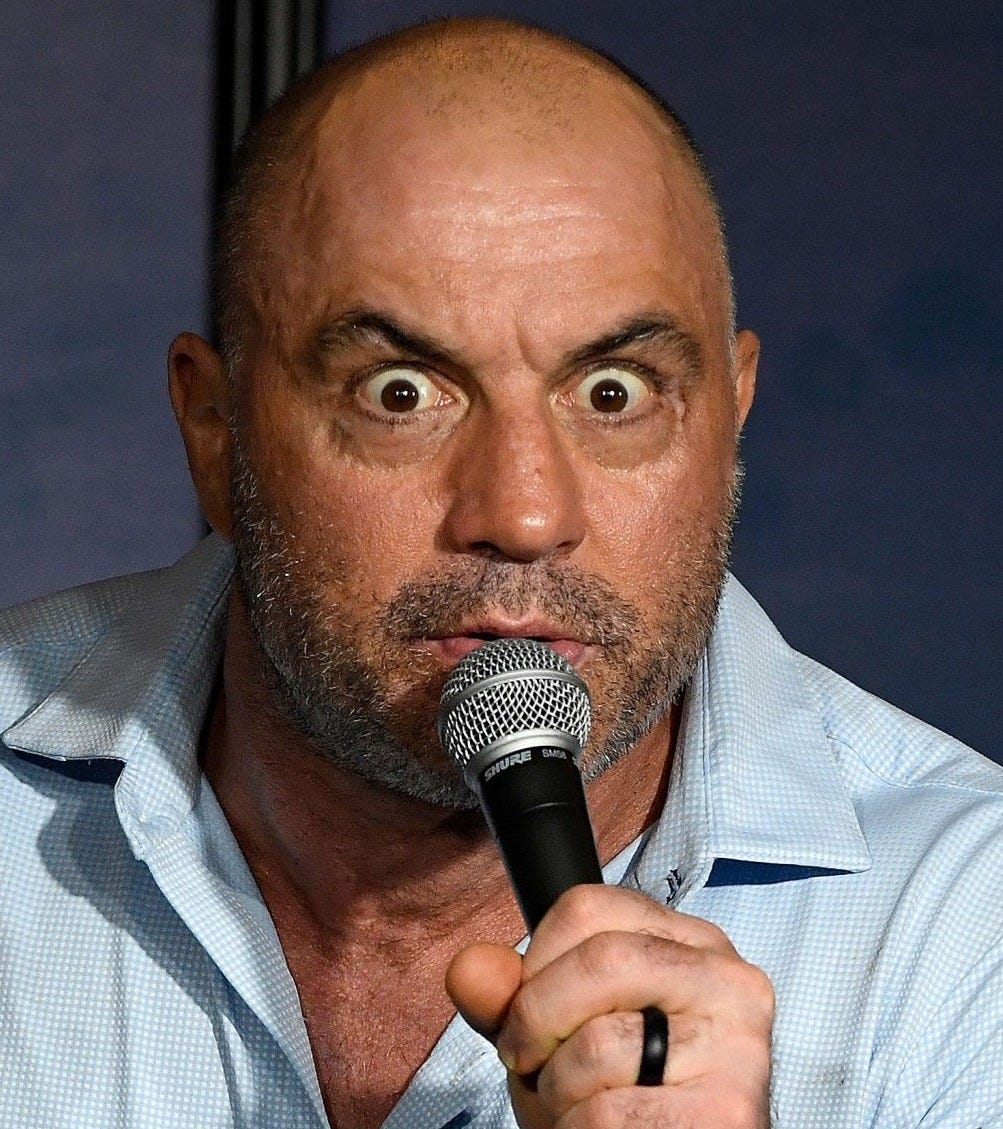

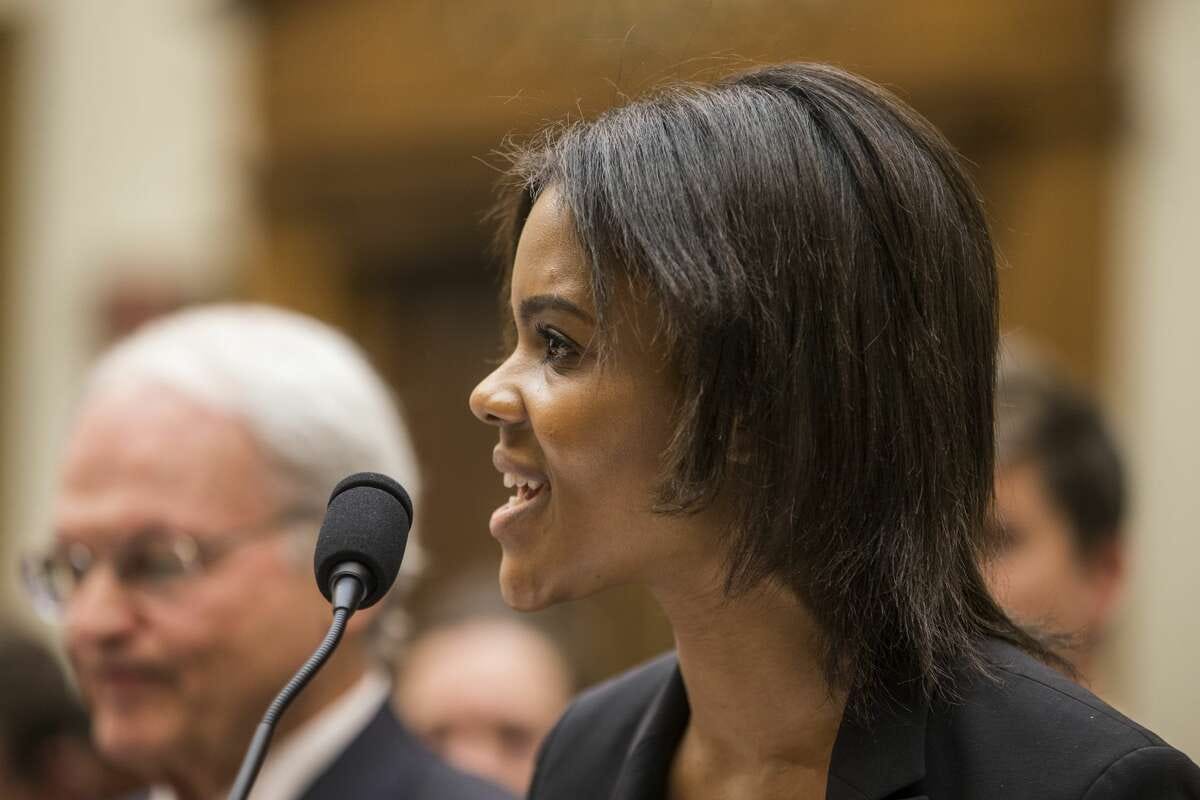
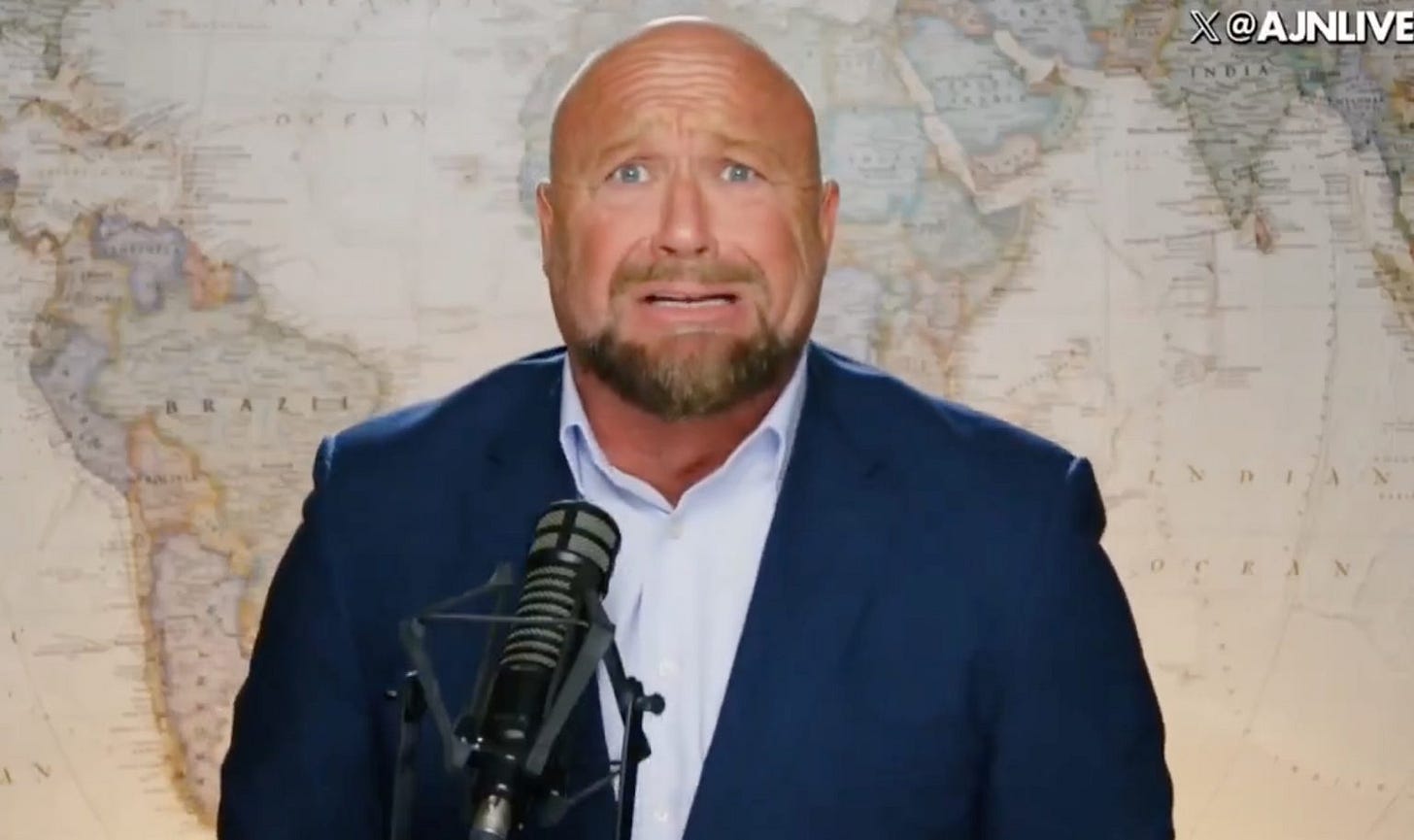
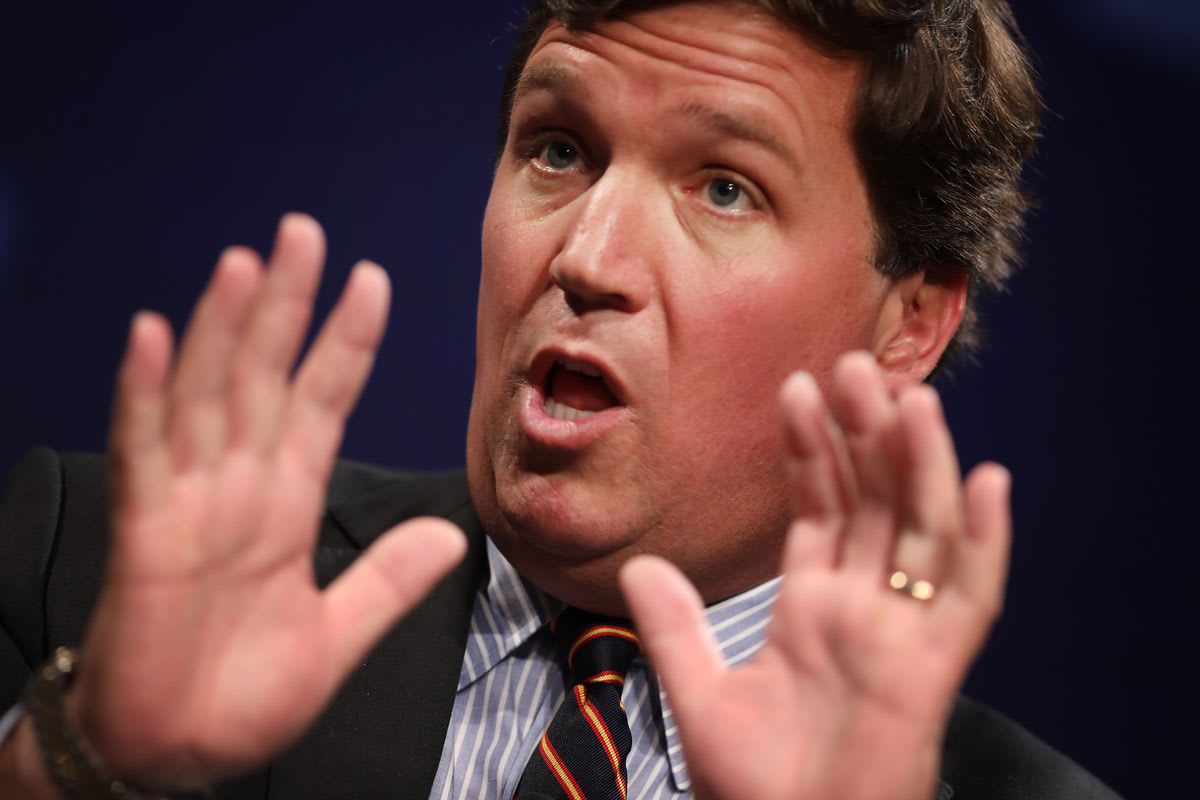



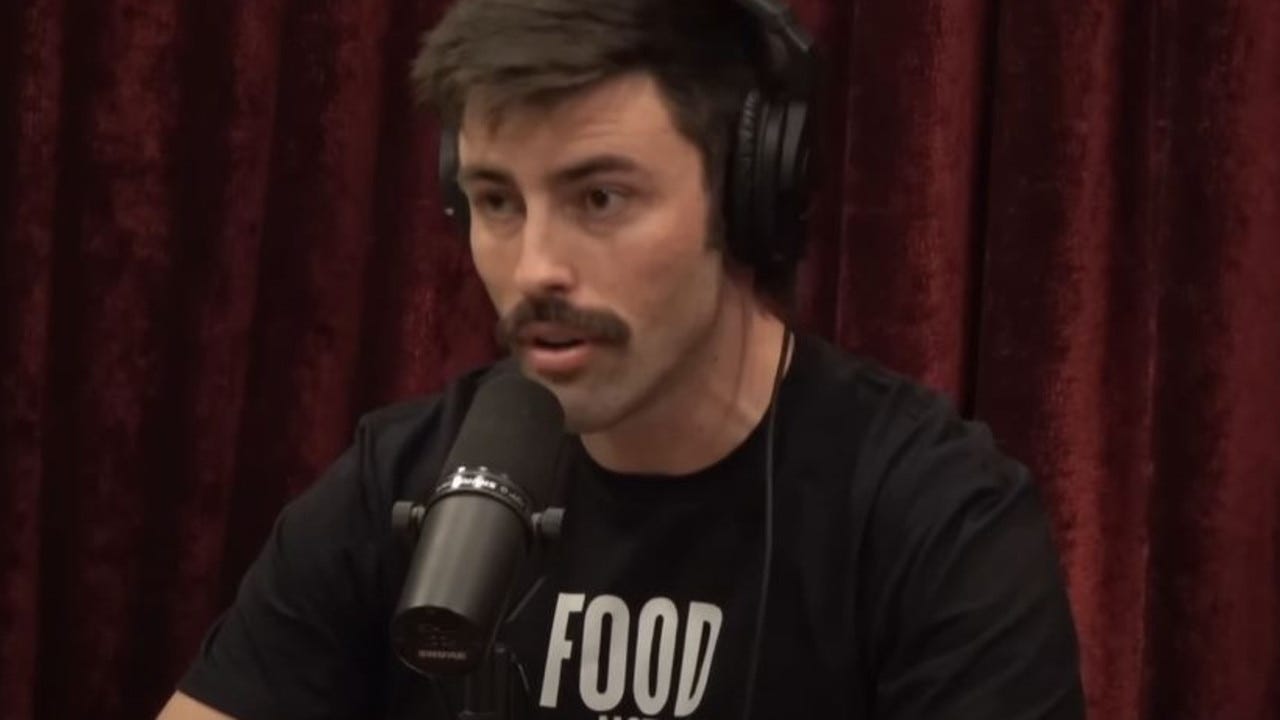

Very well articulated. I think we are in this position in the first place, however, due to the institutions and experts discrediting themselves too many times when many of them have been caught displaying partisanship over the pursuit of truth. It’s very difficult to trust any institution anymore. And unfortunately, it’s such an uncomfortable feeling to realize that we may be flying blind that a certain percentage of people choose to shut down their faculties of reason and common sense in order to follow some podcast guru who returns them to a state of simple minded adolescent certainty.
No love for Piers Morgan? Why not Vacuous, self-righteous, hard-of-understanding, all-sides Piers Morgan?
Every thumbnail of Morgan’s is 3 or 4 people nearing cardiac arrest, apoplectic in the extreme, baring their teeth, threatening to tear into the flesh of the opposing combatant. (That c*nt Ana Kaspian didn’t even pretend to be there to ‘debate’, she just went right for Emily Schrader’s jugular upon sight, panting like a rabid hyena.)
You missed one of the biggies of the bowel movement. Perhaps Morgan deserves a stand alone essay. That must be it.